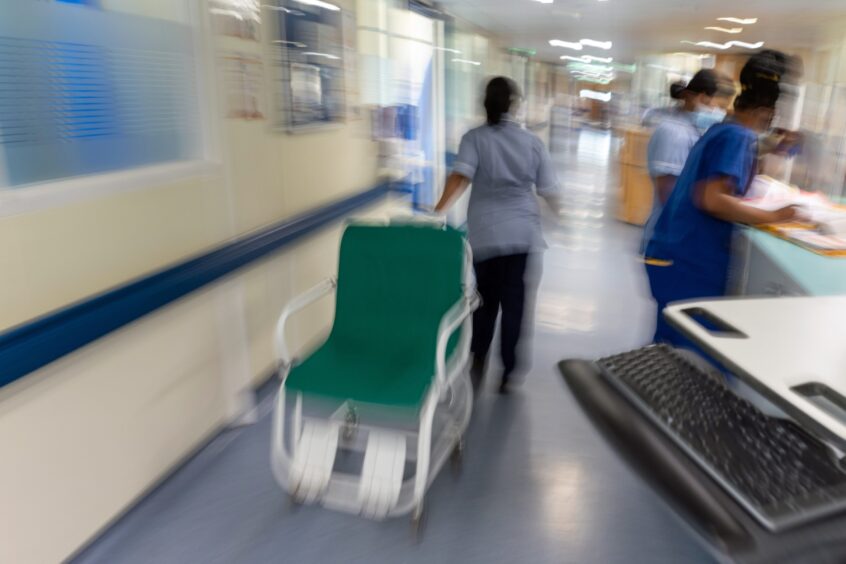When it comes to the National Health Service, the distance between political rhetoric and reality is huge.
During each election cycle, all major political parties compete to be seen as trusted guardians of the NHS. Leaders promise fresh investment while warning that their opponents would run the service into the ground.
The truth is that, despite endless promises of investment, standards in the NHS continue to decline.
The recent decision by NHS Grampian to declare a “critical incident” at Aberdeen Royal Infirmary and divert patients to hospitals in neighbouring areas such as Ninewells in Dundee may have been shocking but, to anyone who’s paid the slightest attention to the ongoing crisis in the health service, it had an air of inevitability.
NHS Grampian is not unique among health boards struggling to cope with demand.
Across Scotland, the NHS is on its knees. Leading medics routinely appear in the news to warn the health service is on the brink of collapse.
Since coming to power at Holyrood in 2007, the SNP’s approach to the NHS has been managerial rather than proactive. Successive nationalist health secretaries have ignored the need for reform, instead investing in eye-catching giveaways such as the extension of the provision of free prescriptions to include the wealthiest.
Over recent years, politicians have begun acknowledging the crisis in the NHS. It is not unusual to hear a government minister or opposition spokesperson talk of the need for a frank and open conversation about the demands on the NHS and how we ensure they can be met.
We all know the NHS is in a series crisis
There is, however, little evidence that the mood exists to allow such a conversation to take place. Whenever a politician dares question orthodoxy in the NHS, he or she may expect their opponents to declare them a threat to the service.
What a mess. All of us – politicians and public, alike – know that the NHS is in a serious crisis yet we appear unable to have a mature conversation about how things might be put right.
For a long time, when questioned on falling standards in Scotland’s NHS, the SNP Government has pointed the finger of blame south to Westminster. If only the UK Government wasn’t starving Scotland of money, things would be so much better.
That line has always been the most cynical piece of spin but it has long been effective.
When chancellor Rachel Reeves announced last month that she’d be increasing the Scottish Government’s grant by £3.4billion, the potency of that SNP attack evaporated.
Unfortunately, if the draft budget announced by finance secretary Shona Robison last week is anything to go by, it appears the Scottish Government hasn’t put that money to good use.
We need to accept as voters we won’t have a viable NHS without paying
Robison’s big announcements – maintenance of the winter fuel payment for pensioners and the end of the two-child benefit cap – are designed to make life difficult for Labour rather than to make Scotland fairer. The finance secretary’s uncosted plans are all about forcing the opposition either to support her budget or to be seen voting against “progressive” policies.
More “progressive” but less easily packaged for a quick press release would have been the announcement of major, thoughtfully targeted, investment in the NHS.
Such is the tone of political debate around the health service that I don’t believe any party in government would take serious steps to fix it.
We need a political ceasefire on the subject of the NHS. Politicians of all parties acknowledge a serious problem exists and all pay lip service to the principle that no possible solution should be dismissed out of hand yet all of them seem incapable of engaging in any kind of good faith debate.
We voters are not all blameless in this. We sentimentalise the NHS (how many of us indulged in that weird lockdown ritual of applauding hospital staff from our doorsteps at eight o’clock each evening?) yet we are not at all interested in hearing from politicians who want to put up our taxes, thank you very much.
And we voters need to accept we can’t have a viable national health service without paying for it.
Euan McColm is a regular columnist for various Scottish newspapers



Conversation